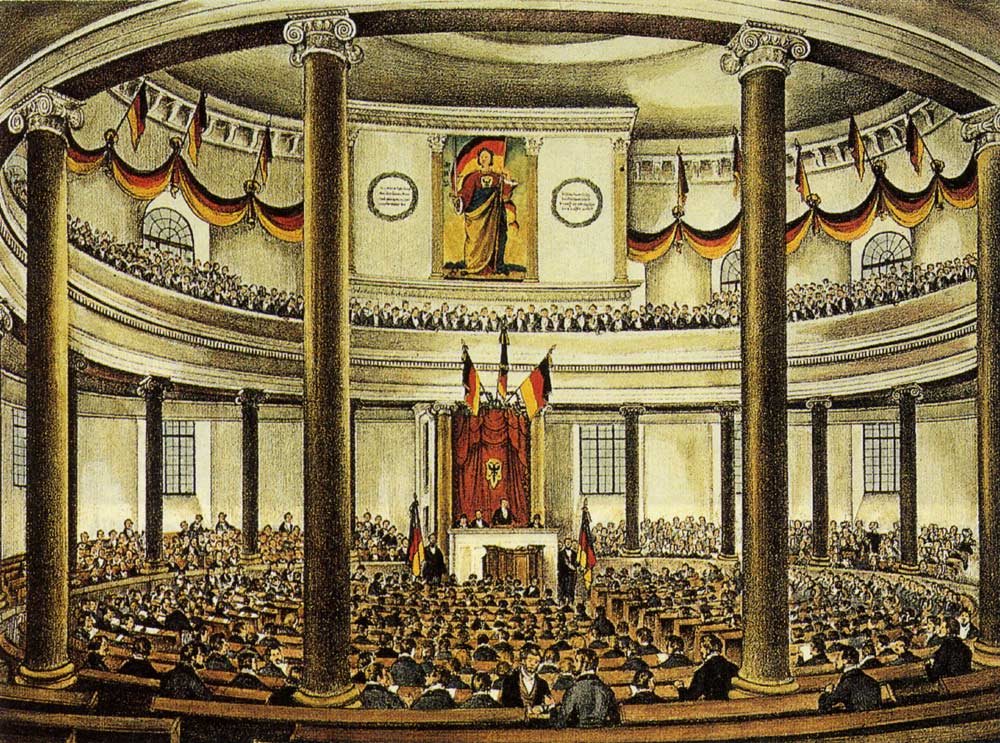 |
| Friedrich Ebert |
In the fall of 1918, the German lines were annihilated by an Allied attack and after a few weeks, the German army was defeated (Schulze 192-193). As the war ended, much of the blame was put on the political realm for the defeat, rather than on the military, that was in fact drained from this war. To better understand this, let us analyze some of the events of November 1918, when many councils began to take over the cities, paralleling actions in Russia during the communist revolution. The leading party at in Parliament at this time was the Social Democrat party, led by Friedrich Ebert. This party feared anarchy and aimed to push Germany toward the republic model of government. As Schluze explains, this model did work, as a majority of those elected were under the Social Democratic party or the German Democratic Party. He states, “The first democratically elected national government thus had a broad basis of support…the government faced…urgent tasks…it had to consolidate the power of the new republic against opposition from the left…it succeeded in the first aim with the help of the old regular army and the new volunteer units known as the Freikorps” (Schulze 202). Though this was a successful shift based on the first election, the shock of defeat Ebert’s men a difficult political climate in which to function.
 |
| freikorps |
.
.

